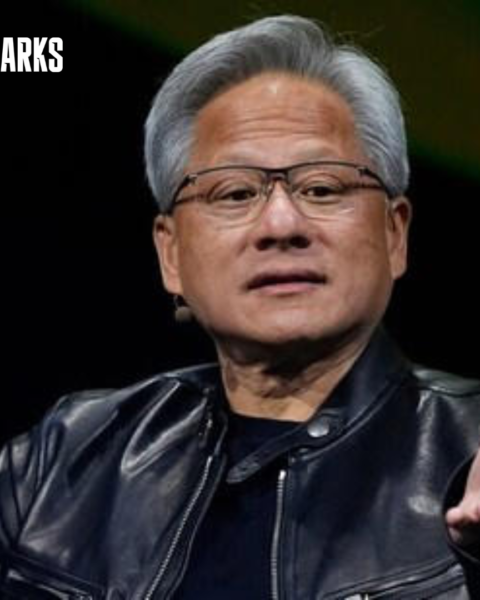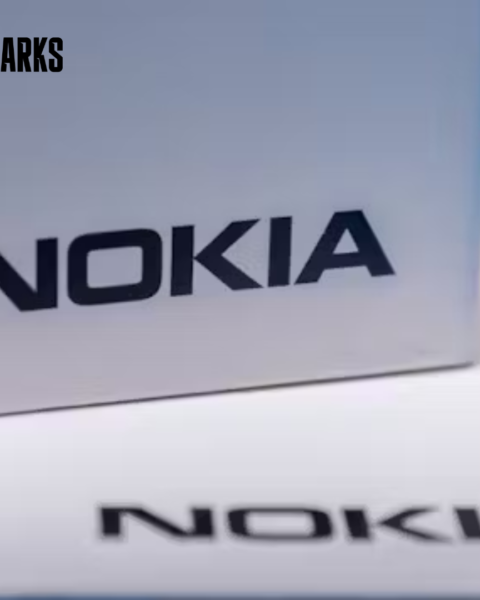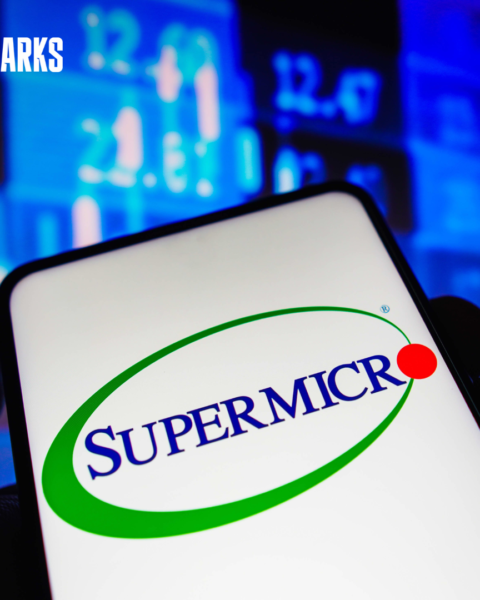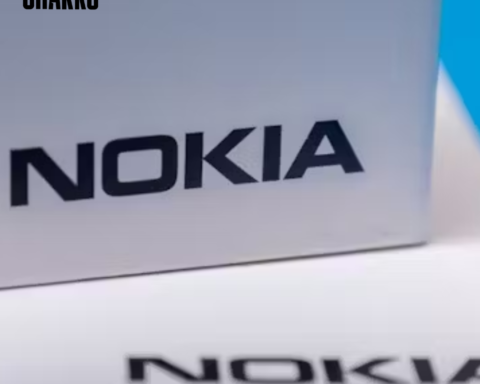Microsoft Introduces “Copilot+” AI-Enhanced PCs

On Monday, Microsoft unveiled a new category of personal computers, “Copilot+ PCs,” designed to integrate advanced AI capabilities directly into the hardware.
This move is part of Microsoft’s strategy to embed AI technology across its product range and to compete with tech giants like Alphabet and Apple.
Launch Event and Product Features:
CEO Satya Nadella announced at an event held at Microsoft’s Redmond campus. The Copilot+ PCs, developed in collaboration with manufacturers such as Acer and Asustek Computer, will be priced starting at $1,000 and will begin shipping on June 18.
One of the key features of these AI-enabled computers is “Recall,” which tracks and logs all activities on the device—from web browsing to voice chats—allowing users to search through their history. The Copilot voice assistant was also showcased as a real-time virtual coach for games like “Minecraft.”
Market Expectations and AI Integration:
Microsoft anticipates significant consumer interest, predicting that 50 million AI PCs will be sold over the next year. Yusuf Mehdi, head of consumer marketing at Microsoft, highlighted that the AI capabilities directly on the PC will be a compelling reason for users to upgrade.
According to Gartner, global PC shipments fell by about 15% last year. However, Microsoft aims for these new AI-enhanced PCs to capture about 20% of the market, revitalizing sales.
Historical Context and Technological Comparisons:
The introduction of the “Copilot+” category is reminiscent of Intel’s “Ultrabook” initiative launched in 2011 to compete with Apple’s MacBook Air. This new effort by Microsoft seeks to establish a distinct segment for AI-powered PCs in a similar vein.
Additionally, Microsoft announced the integration of OpenAI’s latest GPT-4o technology into the Copilot features, further enhancing the AI capabilities of these new devices.
New Device Lineup and Competitive Landscape:
At the event, Microsoft also introduced new models of its Surface Pro tablet and Surface Laptop, featuring Qualcomm chips based on Arm Holdings’ architecture. This move is designed to improve performance and battery life, positioning these devices as strong competitors against Apple’s offerings.
A technology called Prism was also unveiled. It enables software designed for Intel and AMD chips to run on Arm-based devices. This is part of Microsoft’s broader strategy to expand the compatibility and performance of its hardware.
Industry Competition and Strategic Partnerships:
Microsoft’s partnership with Qualcomm for the Snapdragon X Elite chips, which include a neural processing unit for AI applications, is a crucial element of its strategy. This partnership aims to enhance the performance of AI-focused applications like Copilot.
The announcement comes as Microsoft seeks to maintain its lead in the AI race against rivals like Alphabet. Both companies recently showcased their advancements in AI technologies, emphasizing real-time voice interactions and generative AI features.
Share This
Tony Boyce is a seasoned journalist and editor at Sharks Magazine, where his expertise in business and startups journalism shines through his compelling storytelling and in-depth analysis. With 12 years of experience navigating the intricate world of entrepreneurship and business news, Tony has become a trusted voice for readers seeking insights into the latest trends, strategies, and success stories.




















